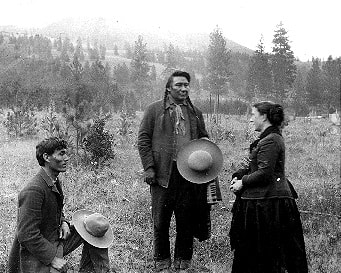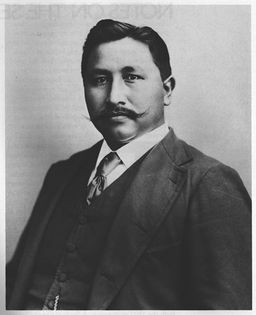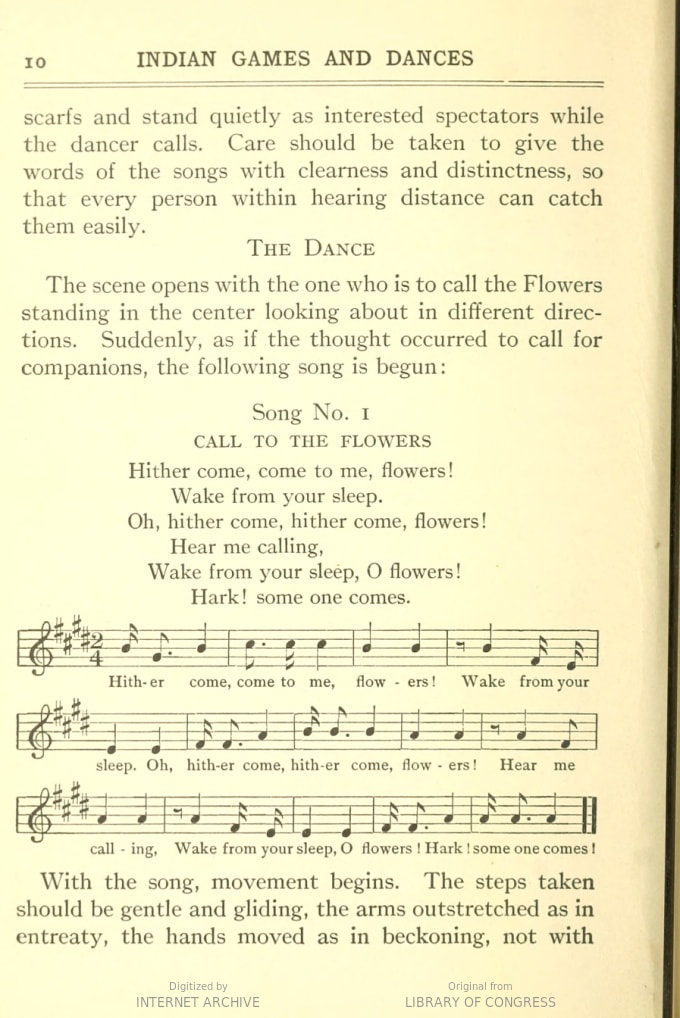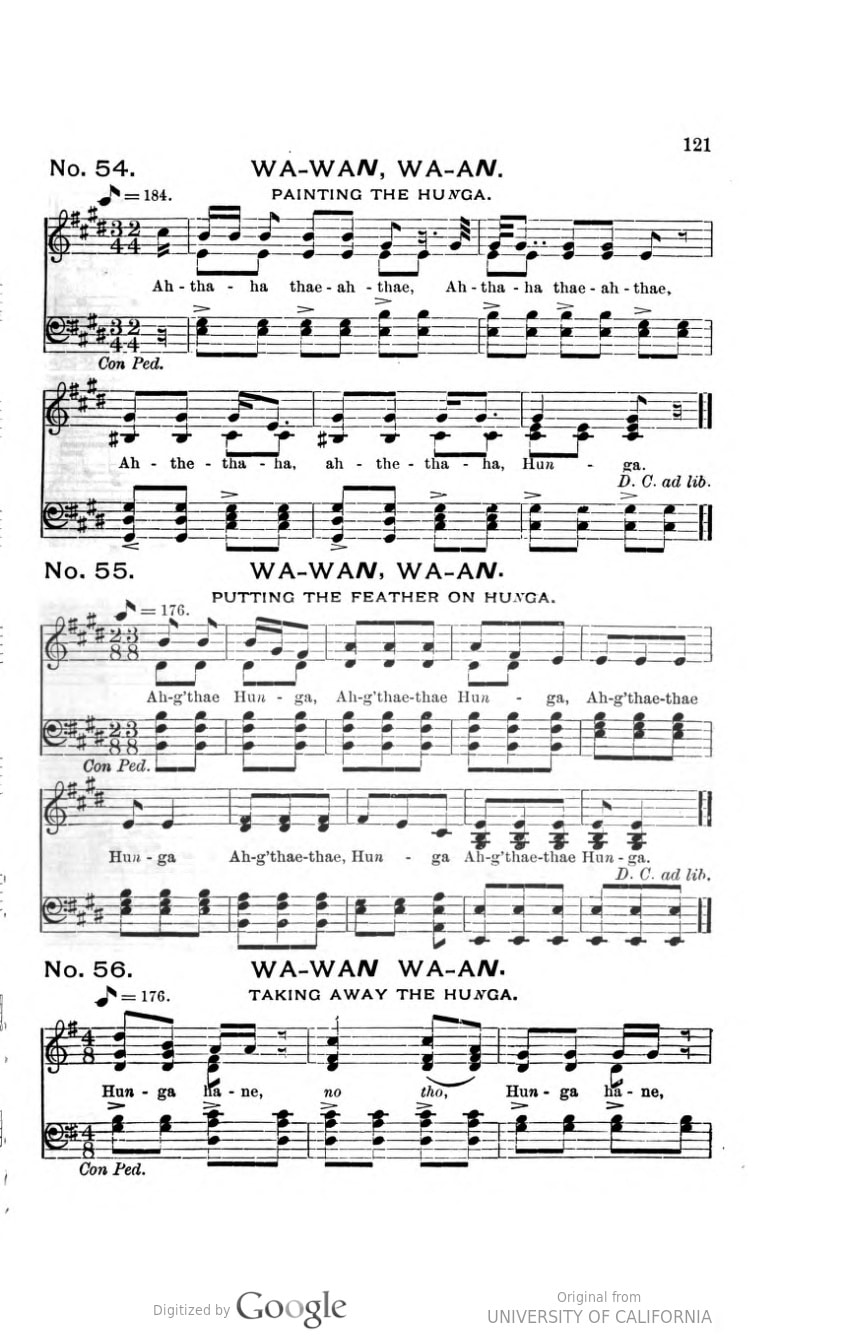In the 1880s, a woman from the East Coast fascinated by the culture of the Plains tribes set out to record their music. At the same time, she championed a policy that would destroy Native American ways of life in the West. Read more about Alice Cunningham Fletcher in my article on OZY and check out my sources and more images below. After starting her career a socialite and public lecturer, Alice Fletcher was fascinated with Plains tribes, and went to go camp with the Sioux to learn more. Once she heard Native American music, she dedicated herself to recording and transcribing what she heard, and publishing it. She needed the help of Francis La Flesche, the son of an Omaha chief who could help her with translations.
Forty of Alice Fletcher and Francis La Flesche's recordings are held by the Library of Congress and accessible here. The Smithsonian Institution holds the papers of Fletcher and La Flesche, and has made Fletcher's 1881 diary available online.
You can read more about the Omaha music, Fletcher, and La Flesche at the Library of Congress's website, or in Joan T. Mark's book A Stranger in her Native Land: Alice Fletcher and the American Indians. Fletcher's books are in the public domain, and a list of where they are available online can be found here.
0 Comments
Your comment will be posted after it is approved.
Leave a Reply. |
Come in, the stacks are open.Away from prying eyes, damaging light, and pilfering hands, the most special collections are kept in closed stacks. You need an appointment to view the objects, letters, and books that open a door to the past. Archives
April 2023
Categories
All
|





 RSS Feed
RSS Feed